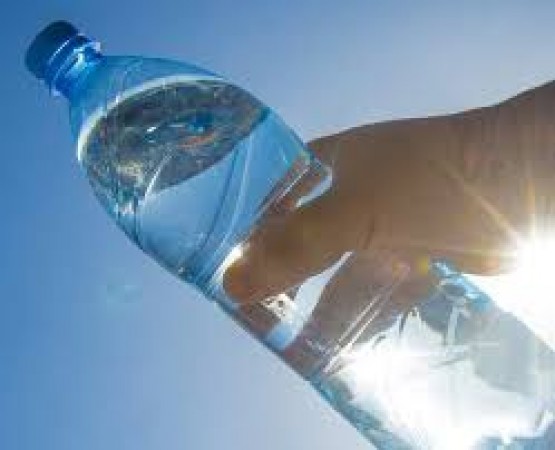
After being out in the hot sun, replenishing lost fluids is crucial for maintaining good health. Health experts emphasize the importance of hydration to prevent dehydration and its associated risks. So, how long should you continue to drink water after coming home from the hot sun? Let's delve into what health experts advise.
Immediate Hydration
Upon returning home from sun exposure, it's recommended to start hydrating immediately. Your body may have lost significant fluids through sweat during prolonged exposure to heat, which can lead to dehydration if not replenished promptly. Therefore, drink water as soon as possible to begin the rehydration process.
Within the First Hour
In the first hour after returning indoors, aim to drink at least one to two glasses of water. This initial intake helps kickstart the hydration process and replaces fluids lost during sun exposure. Opt for cool or room temperature water, as cold water may cause discomfort when you're already warm from the sun.
Continuous Hydration Throughout the Day
Hydration shouldn't stop after that initial hour. Health experts recommend continuous hydration throughout the day, especially after sun exposure. Sip water regularly to maintain hydration levels and offset any ongoing fluid loss due to sweating or physical activity.
Monitoring Hydration Status
It's essential to pay attention to signs of dehydration, even after returning home from the sun. Symptoms such as increased thirst, dry mouth, dark urine, dizziness, or fatigue may indicate that you need to drink more water. Additionally, monitor your urine color: pale yellow or straw-colored urine indicates adequate hydration, while darker urine suggests dehydration.
Factors Affecting Hydration Needs
Several factors can influence individual hydration needs after sun exposure, including:
1. Duration of Sun Exposure: The longer you're exposed to the sun, the more fluids you're likely to lose through sweat, increasing your hydration requirements.
2. Intensity of Sun Exposure: High temperatures and direct sunlight can accelerate fluid loss through sweating, necessitating more significant hydration efforts.
3. Physical Activity: Engaging in physical activities while in the sun can further increase fluid loss, making it crucial to replenish lost fluids promptly.
4. Personal Factors: Individual differences such as age, weight, and overall health can affect hydration needs. Older adults and children, for example, may be more susceptible to dehydration and require closer monitoring. In summary, staying hydrated after coming home from the hot sun is essential for maintaining overall health and well-being. Health experts recommend immediate hydration upon returning indoors, followed by continuous water intake throughout the day. Monitoring hydration status and adjusting fluid intake based on individual needs and environmental factors are key to preventing dehydration and its associated risks.
National Wine Day: Health Benefits of Wine and Tips for Moderation